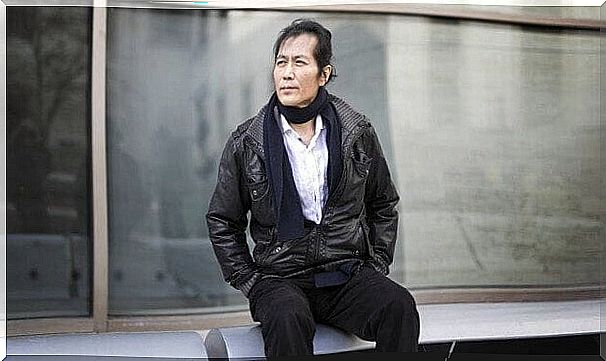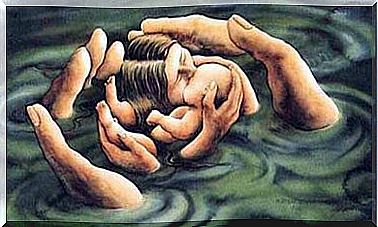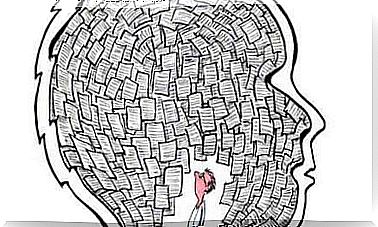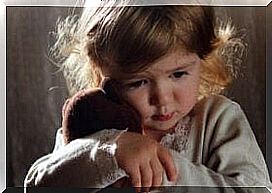The Emotions That Make Us Violent
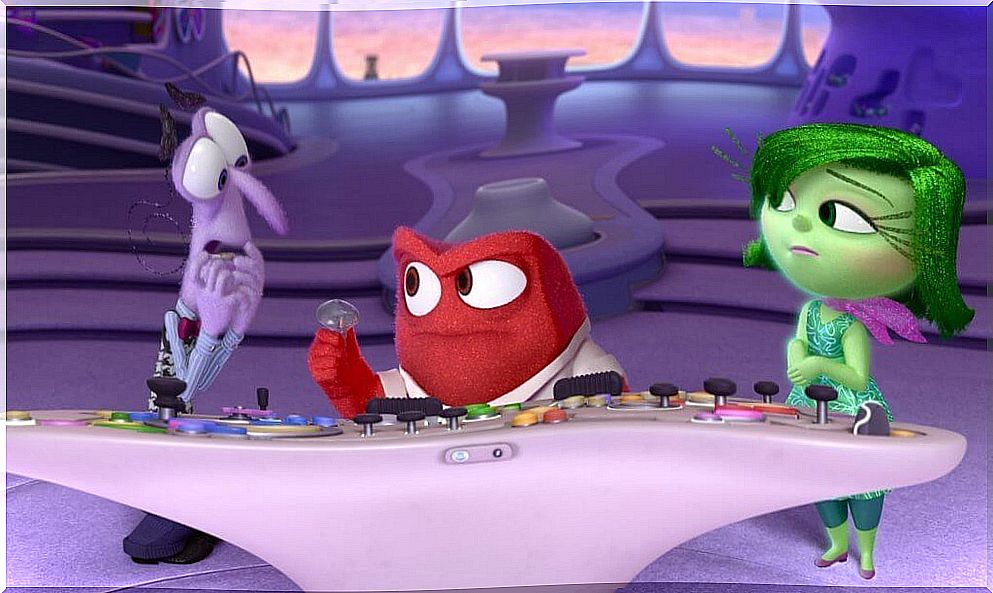
Emotions precede behavior. They initiate physiological marks and mental structures that help bind memories together. But, more importantly, emotions act as motivators for human behavior.
Emotions lead us to behave in different ways, even in violent ways. There are emotions that make us violent. In reality, an emotion does not make us violent, it is the combination of emotions that can lead us to use violence.
Commonly, emotions are understood as a psychophysiological reaction that people experience individually. But, through empathy, we can convey emotions and make others feel the same. This also happens at the group level. A group can feel the same emotion. Members of one group may feel guilty or anger towards another group. This is the starting point for understanding the emotions that make us violent.
ANCODI hypothesis
The ANCODI hypothesis, whose name comes from the English translation of three emotions: anger, contempt and disgust, indicates that the mixture of these three emotions can lead us to use violence. Hostility and violence are the result of indicting hatred, anger.
Emotions can be conveyed through storytelling and turn into a way to promote group emotions. For example, hate speech that accuses a minority group or a group seen as an enemy.
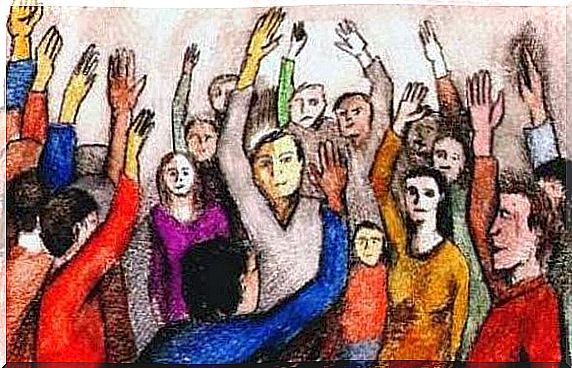
ANCODI’s hypothesis suggests that a past event, or historical narrative, produces outrage and therefore anger. These events are reassessed from a position of moral superiority of the group and, therefore, from the moral inferiority of the other group, which implies the existence of contempt. The other group is evaluated as a separate group, a group that must be avoided, rejected and even eliminated. What is obtained through disgust.
Thus, the emotions that make us violent follow a three-sentence process, which we will describe below.
Outrage based on anger
Anger appears in the first phase. Anger is an emotion that is expressed through resentment and irritability. External expressions of anger can be seen in facial expression, body language, physiological responses and, at times, in public acts of aggression. Uncontrolled anger can affect the quality of life.
At the beginning, certain events lead to perceive injustice. These events make us look for a culprit, which can be a person or a group. It is generally perceived in these assumptions that the culprit threatens the well-being of our group or our way of life. Thus, these interpretations become charged with anger which is directed at the culprit.
Moral superiority based on contempt
In the second phase, contempt is added, which consists of an intense feeling of disrespect or recognition and aversion. Contempt implies denial and humiliation of the other, whose capacity and moral integrity are in doubt. Contempt implies a feeling of superiority. A person who has contempt for another looks at the latter condescendingly. The despised person is considered unworthy.
The groups begin to reinterpret the situations that provoke the anger and the events identified in the first phase. This evaluation of events is made from a position of moral superiority. This implies that the group is seen as morally inferior. This further leads to a feeling of contempt for the said group.
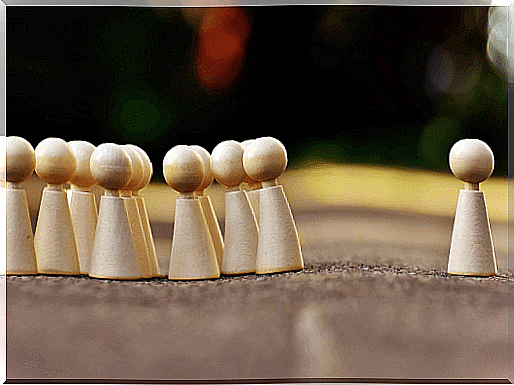
Disgust-based elimination
Disgust appears in the last phase, which is a fundamental and primary emotion caused by the perception of contamination or the agents of the disease. It is universal, not only in its signal properties, but also from the point of view of its elicitors. Similar things disgust us all over the world, like putrefaction. Disgust is a moral emotion often used to sanction people’s moral beliefs and behaviors.
In this phase, another evaluation of the events occurs and we come to a conclusion. This conclusion is very simple, we must distance ourselves from the guilty group. Another, stronger possibility is that the conclusion is that it is necessary to eliminate this group. It is a more extreme form whose ideas are promulgated by the emotion of disgust.
As we have seen, the combination of these three emotions can have dire consequences. These emotions that make us violent tend to skew perceptions, leading us to wrong conclusions. And, finally, to hostile behavior. Therefore, regulation and understanding of emotions such as that provided by emotional intelligence is fundamental.
